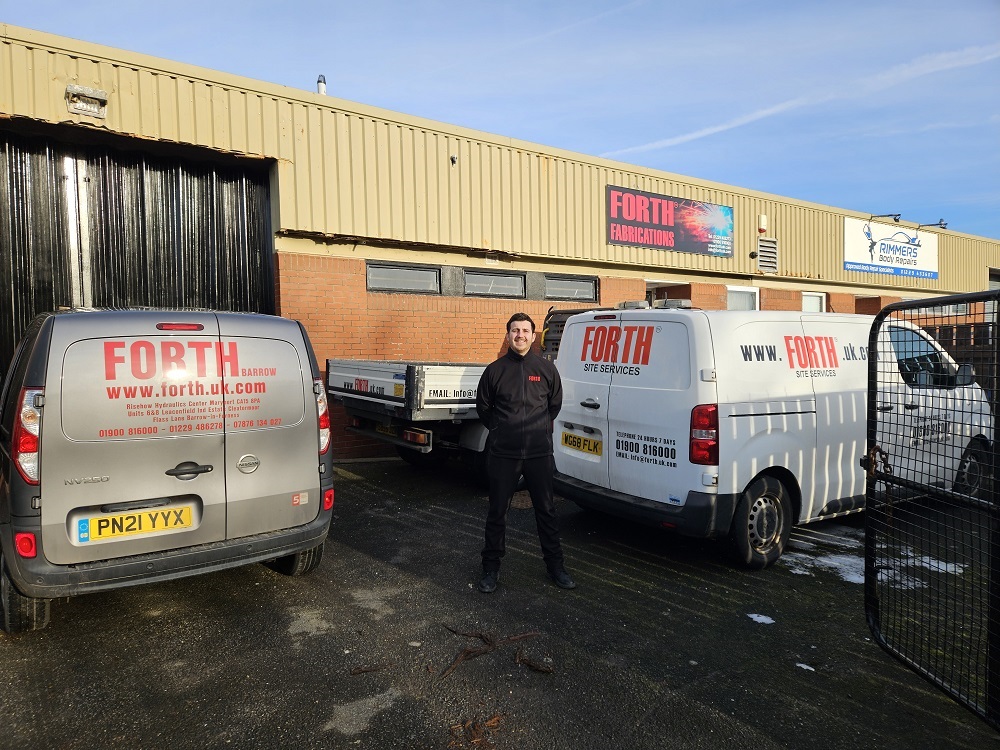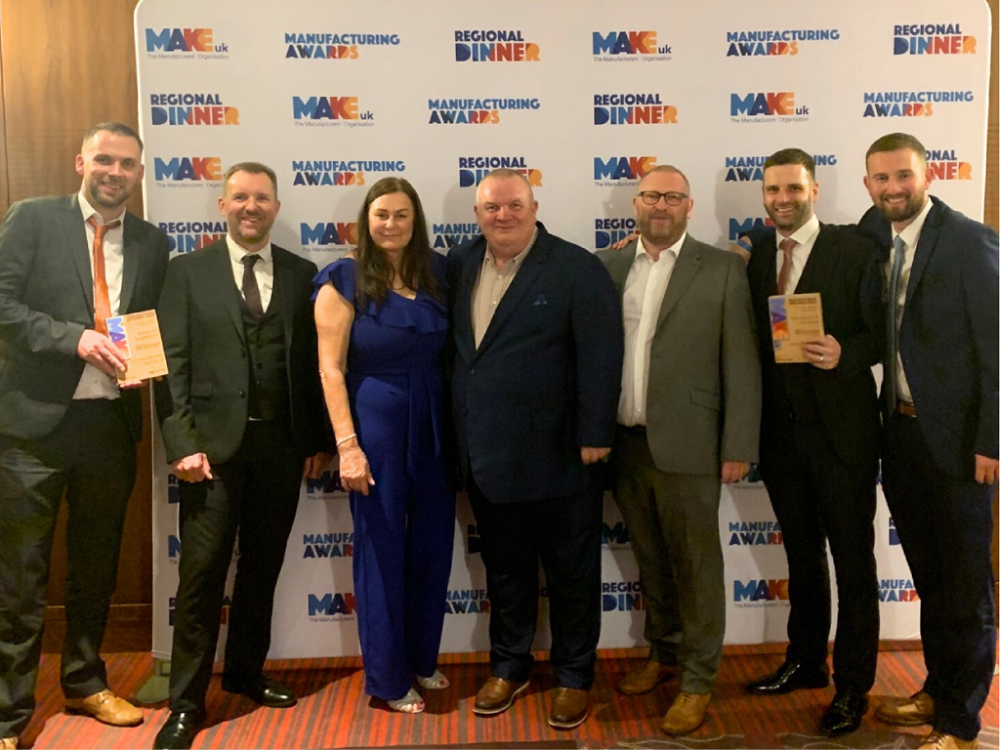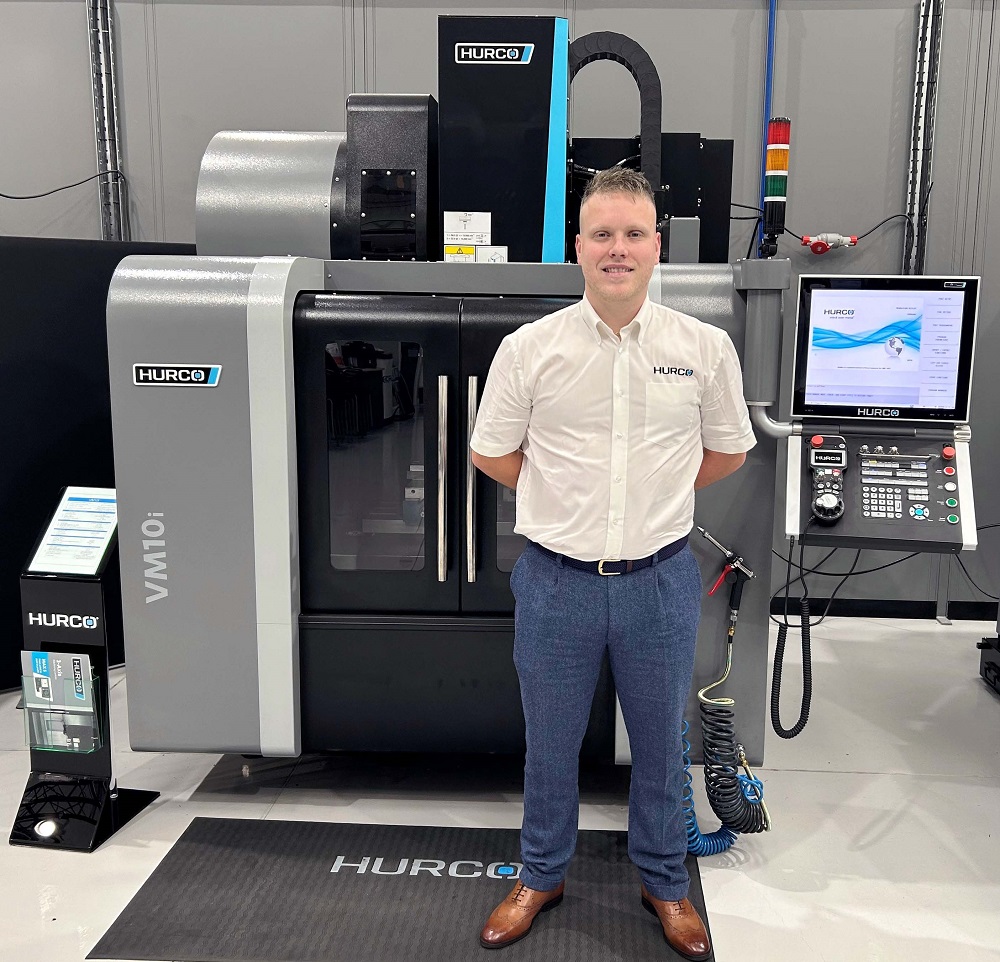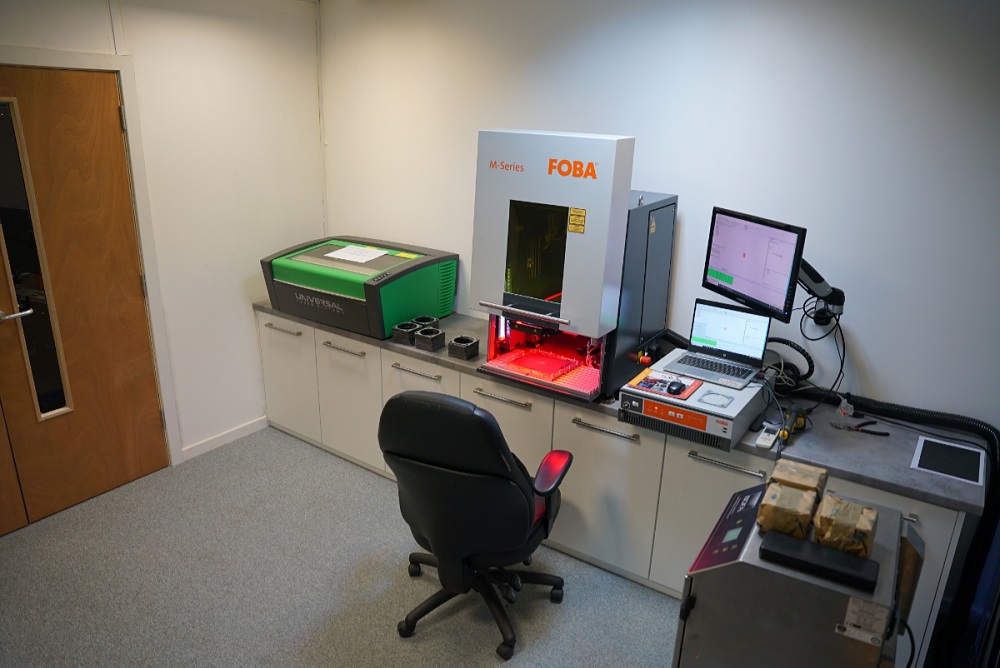An award-winning engineering solutions business is launching a new division at a specialist base to expand its capability and create new jobs across a northwest community.Forth has acquired a new facility in Barrow-in-Furness and is launching Forth Fabrications to support BAE Systems’ submarine division and other industries across the region.Cumbria-based Forth, which opened its first Barrow facility five years ago,also has bases in Flimby and Cleator Moor. The company operates in the nuclear, oil and gas, renewables, and other advanced manufacturing sectors.
For further information www.forth.uk.com



















